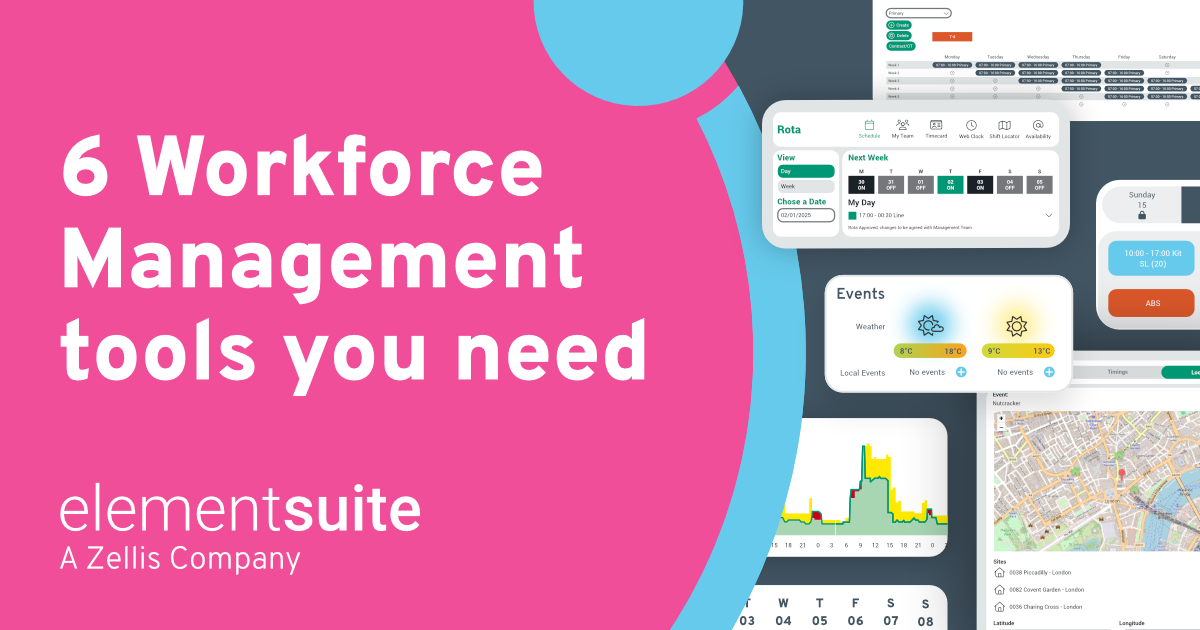SUNITI VYAS | 30 NOVEMBER 2023
1 year ago today, OpenAI released its groundbreaking new tool, ChatGPT, taking the world by storm. It quickly became the fastest growing consumer-app of all time, reaching 100 million users in just 2 months.
But, as we know, it’s not just another new tech product. ChatGPT has transformed the way society functions, and has catalysed the inevitable, and the great, AI revolution.
First came hesitation
Change can be scary. And ChatGPT rapidly began to change the processes of organisations and industries across the globe.
In education:
As noted by Nature Briefing, when ChatGPT first launched in November 2022, the risks of ‘leading students astray’, and writing ‘whole essays’ on their behalf was a fearsome prospect for educational institutes.
In May 2023, 30% of college students used ChatGPT for schoolwork, 78% said that they are likely to recommend the tool to another student, and 1 in 8 saw their grades increase from its use.
In March 2023, 24 Russell Group universities, including the likes of Oxford, Cambridge, Bristol, and Edinburgh, banned the use of ChatGPT.
In the workplace:
Early this year, articles surrounding the dangers of data and privacy concerns quickly dominated discussion on the use of AI in the business.
With examples of the ‘wave of inaccuracies’ caused by AI-assisted content, extensive discourse developed around ‘whether businesses can terminate employees who use ChatGPT’.
And of course, with the growth of AI power, came the fear of jobs, as journalists noted that the increasing use of AI and the time efficiencies associated with it, means the automation of human tasks, ‘potentially leading to widespread job losses’.
In the media:
Many newspapers were quick to join the excitement surrounding ChatGPT’s capabilities, asking new questions like ‘Is AI more creative than the human brain?’, and warning readers with conveniently eye-catching headlines like ‘The 15 Biggest Risks of Artificial Intelligence’.
Resultingly, the reactions to the release of ChatGPT and its never-before-seen capabilities drove attempted regulations to contain and control its use in schools, universities, and across a plethora of organisations.
Then came acceptance
However, in the year since its release, ChatGPT has increasingly been seamlessly integrated into institutions worldwide, marking a transformative shift in communication and problem-solving.
After attempts to contain its use, it quickly became evident that ChatGPT, and AI, is here for the long-run, and we’ll have to work with it, not against it.
The tool’s intuitive and dynamic conversational abilities became the linchpin for streamlined interactions, fostering collaboration and efficiency.
Institutions across diverse sectors, from education to business and healthcare, now embrace ChatGPT as a trusted ally.
In education:
Teachers now begin to adopt AI tools like ChatGPT to create lesson plans, structure outlines for assignments, and lots more, subsequently deepening ‘student understanding’.
Universities like UCL share the benefits of AI-use in assignments, and explain ‘how to acknowledge AI sources in your work’.
In the workplace:
As CEOs begin to look to adopt AI into their decision-making and organisational strategies, departments ranging from Finance to HR to Operations are being tasked with identifying areas where AI could help drive business improvements with increased productivity.
Tools like ELLA (elementsuite Large Language Assistant) now support people such as HR professionals in writing up job descriptions, mortgage statements, and more, and even support employees in answering questions about company guidelines, shift patterns – even booking absences for staff!
In the media:
With the world gradually coming to terms with the prospect that AI is not only here to stay, but will change the way we live, work and learn, as evidenced by government support of its use through the Bletchley Park AI Safety Summit and its succeeding Bletchley Declaration, we begin to see a shift in the way it is talked about.
Now, we have discussions about schools teaching students how to use AI in preparation for the changing education system and workplace, and there grows increasing interest in not just the product, but the people behind the product that has changed the world.
Conclusions
From classrooms to boardrooms, the impact of ChatGPT is undeniable, revolutionising the way we learn, collaborate, and create.
As we reflect on its first year of existence, it’s clear that AI isn’t just a passing trend; it’s a dynamic force reshaping the landscapes of education and workplaces alike. With each keystroke, it’s breaking down barriers, sparking creativity, and fostering connections.
As we blow out the candle on ChatGPT’s first birthday, it’s not just a celebration of the past but a toast to the exciting conversations, collaborations, and innovations yet to come.




